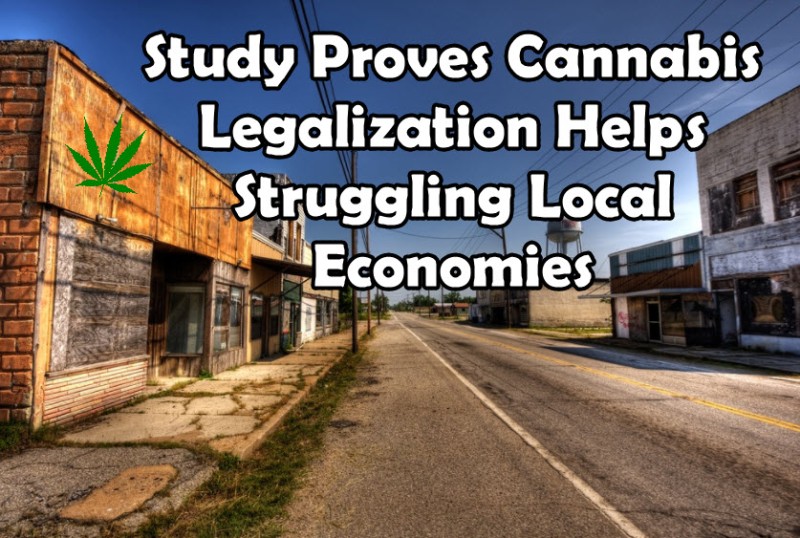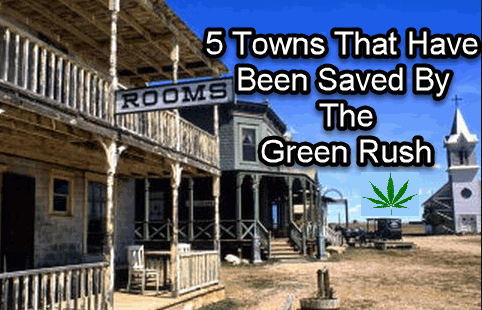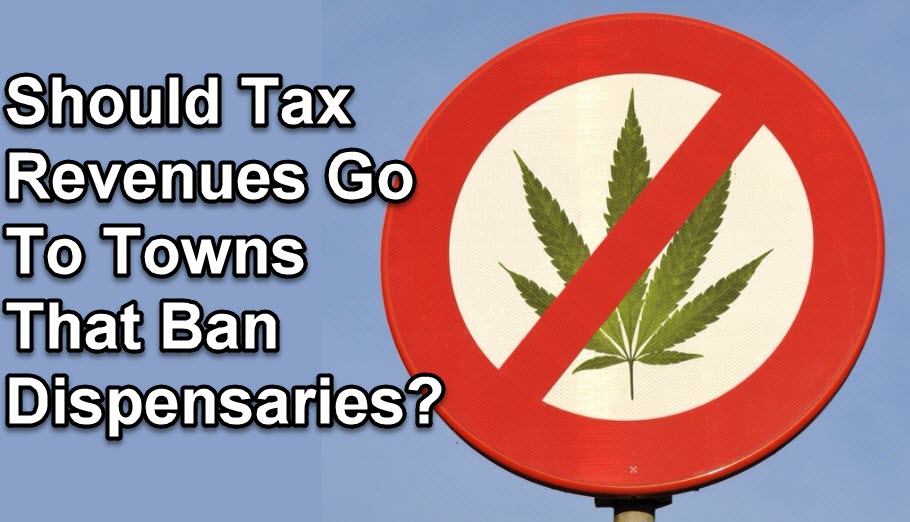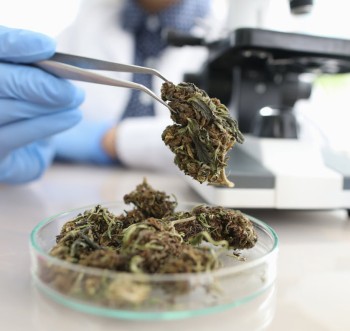Cannabis Legalization Helps Struggling Local Economies Study Proves
Back when Colorado legalized recreational cannabis in 2012, there were strong concerns that doing so would cause harm to society, much less do any kind of good whatsoever.
However, a city in Colorado called Pueblo, has significantly benefited from legalizing recreational use. For a small town of just 100,000, Pueblo’s economy suffered from the downfall of the steel industry which caused them to struggle for years just to stay afloat. Many thought the city was permanently doomed. Pueblo had one of the highest unemployment rates in all of Colorado, and prior to the cannabis industry their only employers were hospitals and prisons.
A new study from the Colorado State University just revealed that the cannabis industry has saved Pueblo in more ways than one. The study, which was done in cooperation with the Colorado Department of Public Health and Environment, the Industrial Hemp Research Foundation, and the Colorado Department of Agriculture, revealed that legalized cannabis industry injected over $58 million to the local economy.
Nothing comes for free, as they say, and this is true for Pueblo as well. While legalization cost the city $23 million to cover for expenses such as social services and law enforcement, they still earned over $35 million. Even the study itself was funded by local cannabis taxes. “When compared to other similar communities in states where cannabis is not legal in any form, Pueblo appears to be doing better on a number of measures,” the report reads.
The researchers also addressed concerns that Pueblo was going to be a magnet for the homeless because of the legal cannabis available. However, according to Timothy McGettigan, a sociologist at the Colorado State University’s Institute of Cannabis Research (ICR), the homeless situation in Pueblo isn’t as simple as that. The recent increases were attributed to spikes in utility and housing costs. “The idea that people have been coming to Colorado from out of state in droves, spending their last dime on cannabis and then lining up at soup kitchen queues and at social service agencies is not really accurate,” McGettigan says. “The picture is much different than that.”
“We found no evidence that poverty has either increased or decreased in Pueblo as a result of cannabis legalization,” the researchers wrote.
The study, which was a first of its kind, also found that crime in Pueblo increased since legalization although the researchers found that this was due to a population increase combined with a decrease in law enforcement officers. Additionally, “The lack of clarity on some of the marijuana laws is difficult for them,” says Rick Kreminski, ICR director. The over 200-page report also looked at patterns in construction, revenue, cannabis use, environmental impact, and other relevant topics. They found barely any conclusive evidence that supports what legalization opponents love to say – that legalization will seriously impact society.
The researchers made some recommendations, such as designing better ways of monitoring cannabis-related crime, as well as locating buffer zones around outdoor cannabis grows to prevent cross-pollination.
Pueblo County Commissioner Sal Pace, who has long been an advocate of legalization’s economic benefits, says that the report validates their hard work. “More than two dozen Ph.D.s worked on this,” Pace said. “It’s really the first of its kind, a really all-inclusive look at cannabis legalization in a community.”
Pace says that the report includes notes where Pueblo, and Colorado as a whole, could improve in terms of data collection to properly understand how legalization impacted the city. The study also says that more needs to be done to educate pregnant women and teenagers about cannabis use. While the economic figures are impressive to say the least, Pace thinks that the numbers are conservative in a way that it was overstated. It doesn’t even take into consideration the economic benefits of wholesale cannabis sales, a sector which has played a significant role in Pueblo’s economy because it’s a center for cultivation.
Cases like Pueblo prove that there is hope for other cities in the United States who are struggling with the economy. Recent research from New Frontier Data reveals that cannabis businesses have the potential of creating over a million jobs by 2025, which can benefit some of the nation’s poorest cities.
Marijuana Legalization Helps Struggling Local Economies Study Proves from CannabisNet on Vimeo.
OTHER STORIES YOU MAY ENJOY...
LEGAL MARIJUANA IS SAVING THESE TOWNS, READ THIS...
OR...
SHOULD TAX REVENUE GO TO TOWNS THAT BAN DISPENSARIES, CLICK HERE.







